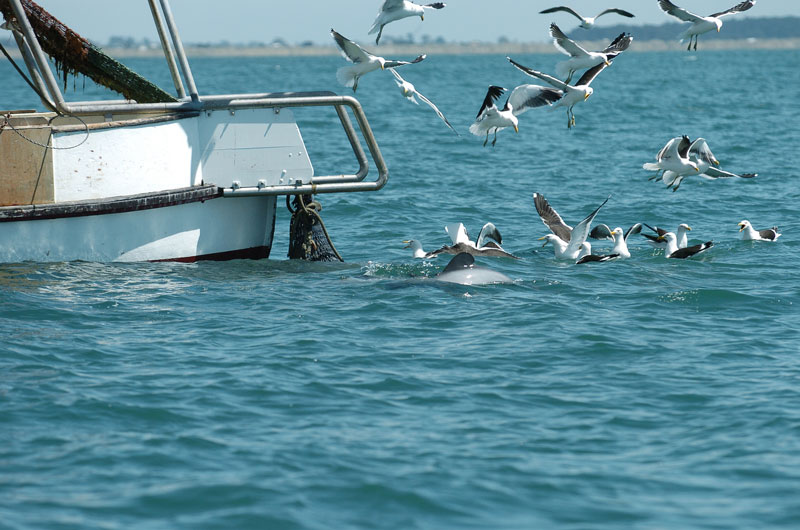
Robohub.org
Drones against illegal fishing

With industry losses worth US$23 billion per year, illegal fishing represents a major global problem. One out of three bluefin tunas are caught illegally, as are around 20% of all fish hauled around the world. Even the legal fishing industry, with its compliance to maritime wildlife protection standards, has the capacity to damage fragile maritime ecosystems. Illegal fishing can completely destroy them.
Efforts are being made on a global scale to tackle this problem, however the challenge has persisted due to the substantial number of time, people, boats and aircraft typically required to patrol large stretches of coastline. But unmanned aircraft patrols are proving to be a viable solution.
One of the countries hardest hit by illegal fishing is Belize, a small coastal country in Central America. It was so rampant that in March of this year the European Union suspended all seafood imports from Belize (as well as from Cambodia and Guinea, for the same reason).
Help comes from ConservationDrones.org, a non-profit organization dedicated to building and using UAVs for conservation-related applications, and sharing their knowledge with conservation workers and researchers worldwide, especially those in developing countries. Belize Fisheries Department officials are now being trained to use drones to monitor fishing areas, following a test phase that started in July 2013.
The fixed wing drones that are being used for this project can fly for over an hour, have a range of 50km and are capable of capturing high-definition photos and videos. They will be used to patrol difficult to reach areas, such as coastal mangrove forests, at a fraction of the cost of a conventional, manned aircraft. Once the illegal activity is located, authorities can dispatch a vessel and perform a seagoing search much more efficiently.
It will be interesting to see the effects of these new tactics against “pirate” fishing practice, and how soon Belize will begin to reap the benefits – specifically the lifting of the EU’s seafood import ban.
On a side note, drones provided by ConservationDrones.org should provide a much-needed, low-cost solution for the protection of one of the world’s most famous coral reefs, Glover’s Reef.
For further reading, see this post by the Founding Director of Conservation Drones Lian Pin Koh, check out his TED Talk, or see these articles on Gizmag, National Geographic and the New York Times.
Video courtesy of ConservationDrones.org
tags: Conservation Drones, cx-Aerial, cx-Politics-Law-Society, Environment-Agriculture, Lian Pin Koh, Mapping-Surveillance





